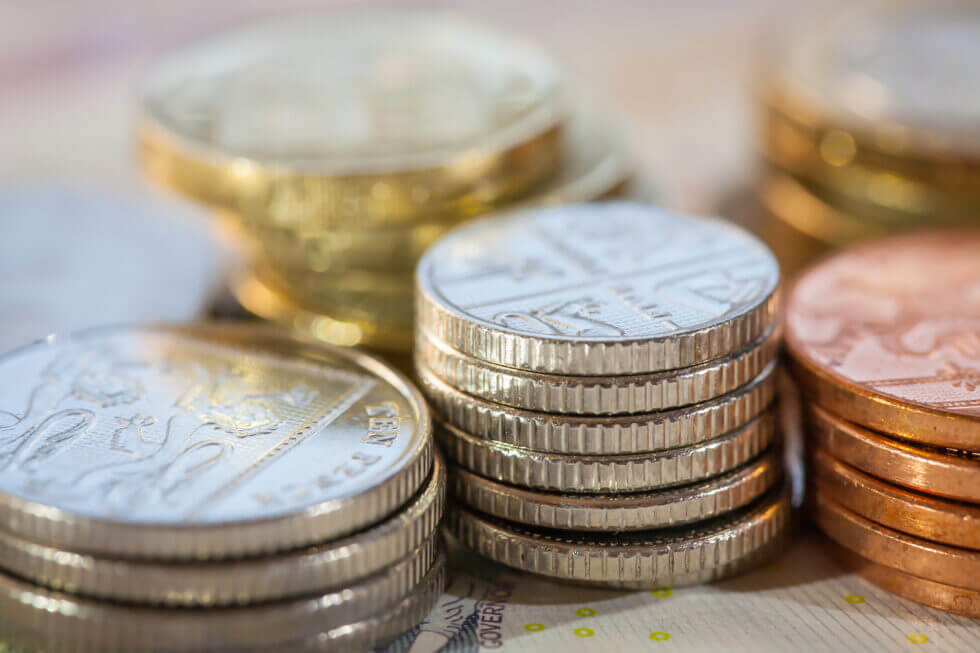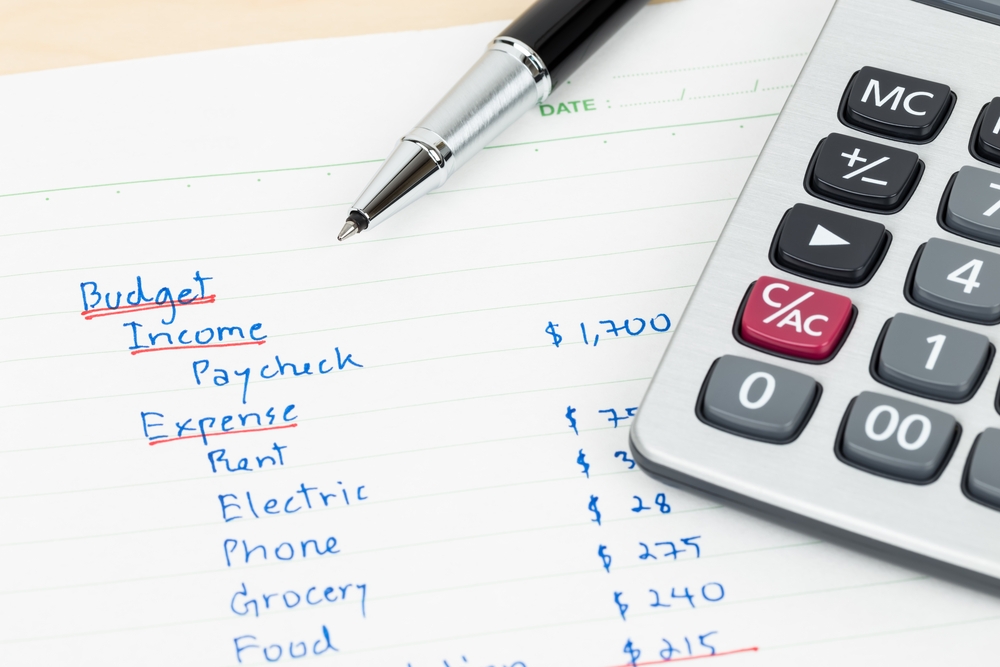
Why There Isn’t Enough Money To Pay Bills and Save?
You’re not alone. According to a new survey published this week by the Certified Financial Planner Board of Standards (CFP Board), nearly half (48 percent) of all Americans “don’t always have enough money left over to save after paying their bills.”
“Our economy has come a long way since the depths of the recession, but most Americans up and down the socioeconomic scale are still facing significant pressures in saving for today and tomorrow,” said CFP Board Consumer Advocate Eleanor Blayney, CFP®, in a press release. “An inability to start saving early, debt and stagnant incomes are just a few of the factors driving Americans’ financial anxiety.”
The survey found:
- More than a third (35 percent) of Americans surveyed have seen a significant decrease in household income;
- A little over a third (34 percent) say that the amount of debt they have prevents them from saving;
- Only half (51 percent) save money regularly on a monthly basis;
- Roughly 1-in-3 Americans (30 percent) has experienced a job change in the past three years;
- About 1-in-5 (20 percent) of those polled has experienced a major medical expenditure in the past three years;
- Half of Americans (51 percent) believe credit card debt is the most important debt to pay off, followed by mortgages (36 percent) and student loan debt (19 percent);
- More than one-third (36 percent) of Americans anticipate working in retirement.
(While the survey found that some Americans are feeling more positive about the economy as a whole, it’s typically those with a higher net worth who have the most positive economic views. Which isn’t that surprising.)
If you look at the list, it’s clear that a third of Americans have seen a significant decrease in household income, are trying to pay down a mountain of debt, and have experienced a job change in the past three years. Debt, including medical debts or expenses, can eat a huge hold in anyone’s budget.
What can you do? At Best Money Moves, we believe in getting your debt paid down as quickly a possible, and we have tools that help you do that (without trying to trick you into buying something or reselling your information to a credit card company). But here’s the big secret: Throw as much cash as you have at your debt that carries the highest interest rate. And, keep doing that as often as possible, while always being sure to make your minimum payment.
That’s it. There’s nothing more magical about debt repayment than that. Once you pay down a debt, use all the extra cash you’re “saving” each month to pay down the next debt, and so on. What you’ll see is that paying down debts is possible and can be done fairly quickly. You just have to make the commitment to put it first in your financial life.
I will add this: Every time you pay down a debt, you’re saving the interest you would have paid. That interest equals the net interest rate you’re paying. So if your credit card has an interest rate of 15.9 percent, every dollar you prepay will effectively “earn” 15.9 percent. And these days, it’s hard to get that much of a return anywhere, let alone in a savings account.
So, get your debts paid off and start saving for your goals and dreams, whatever they may be.
Ilyce Glink is the Founder/CEO of Best Money Moves, and a nationally-syndicated, award-winning personal finance columnist, best-selling author and radio talk show host. Contact her today to get a free trial and start lowering your employees’ financial stress levels.


